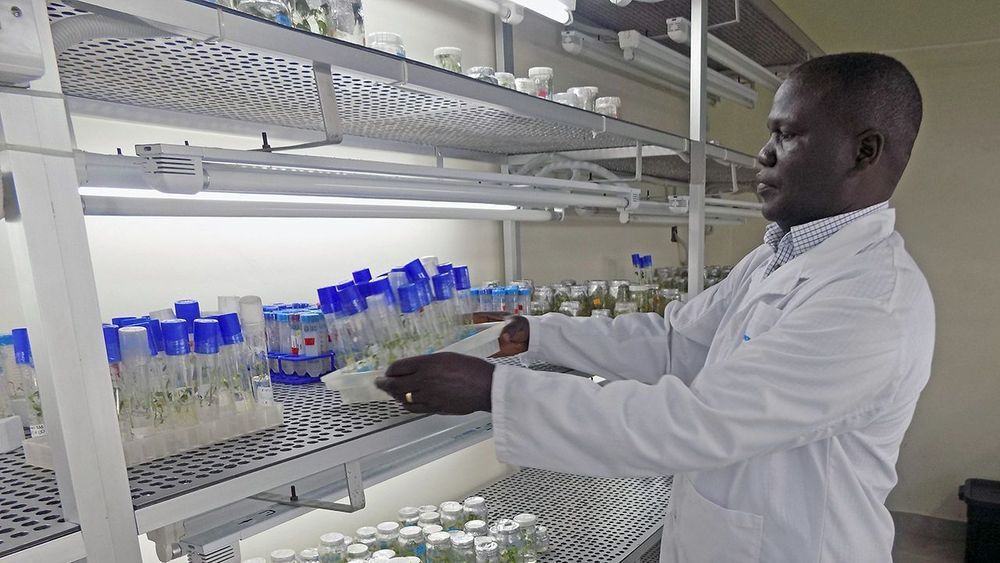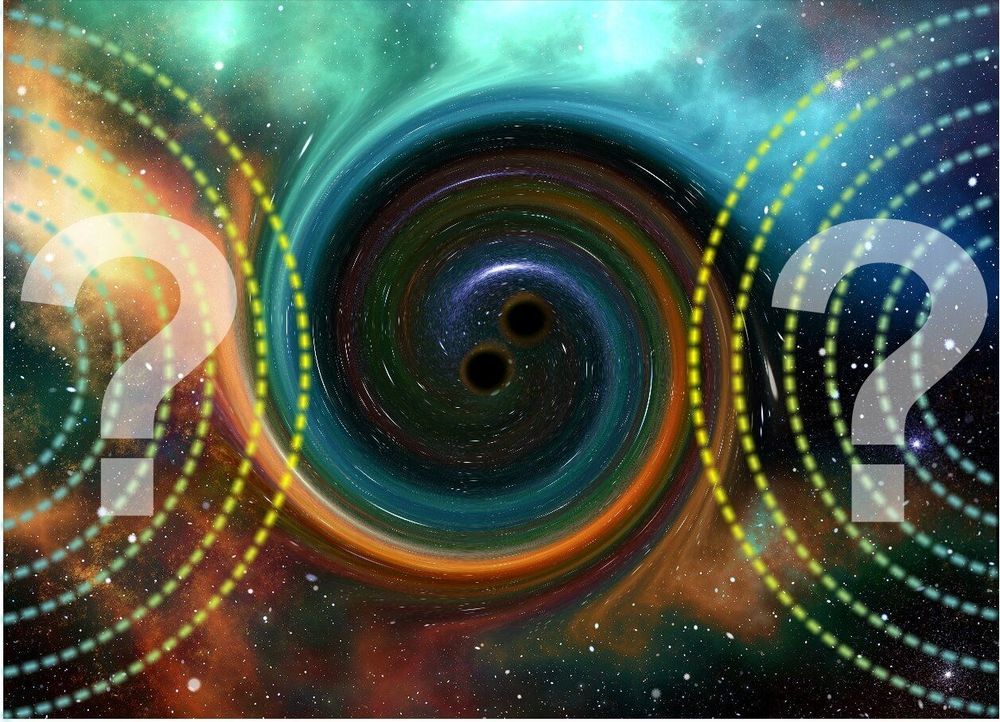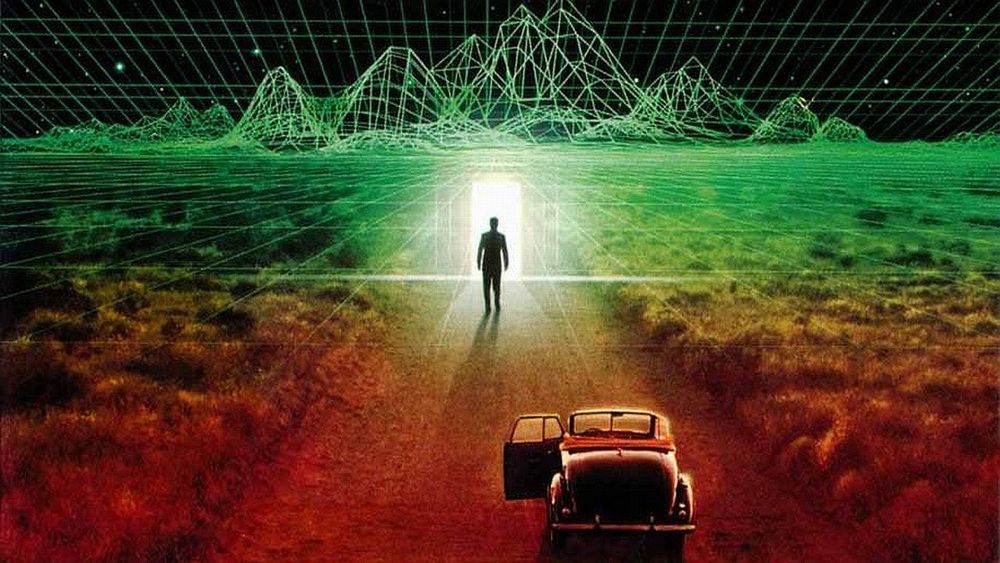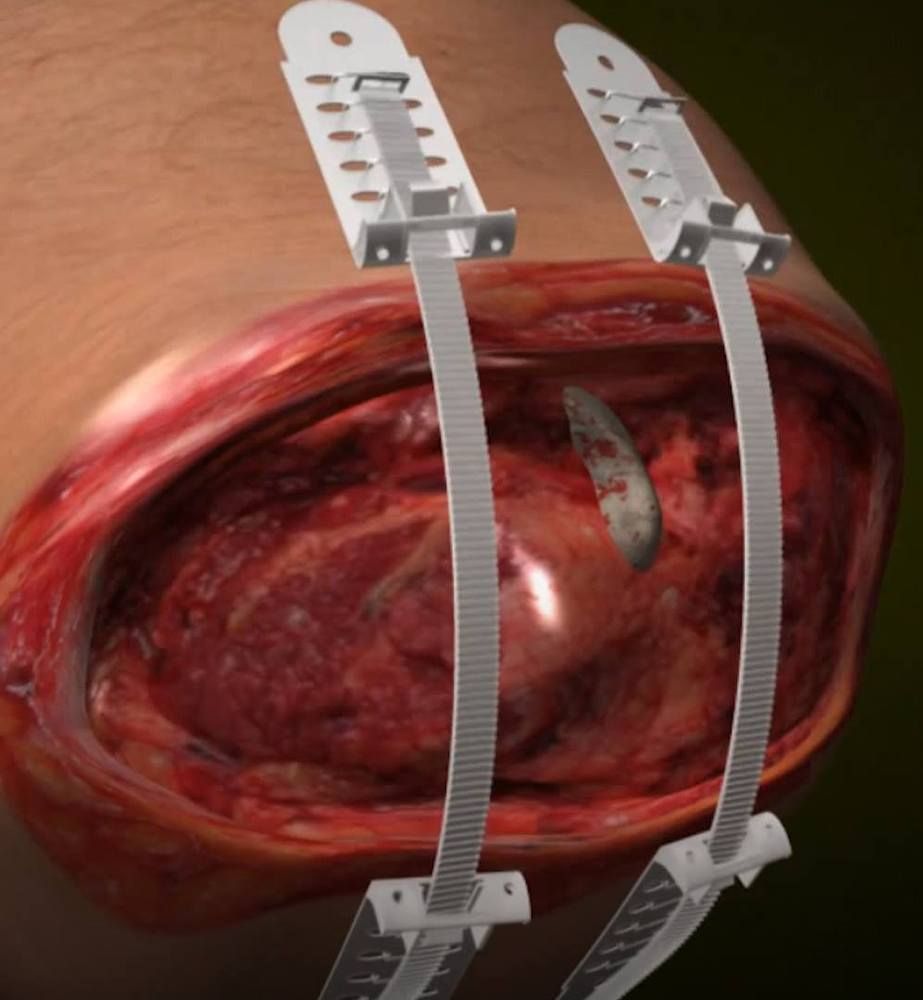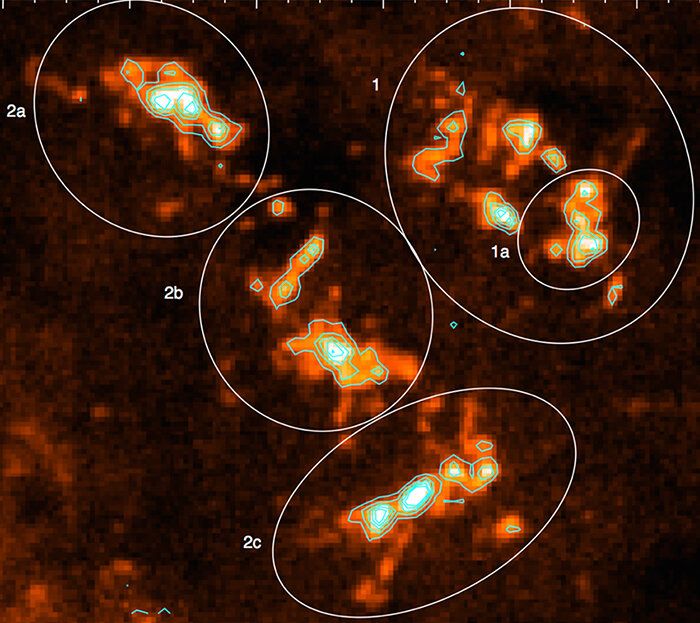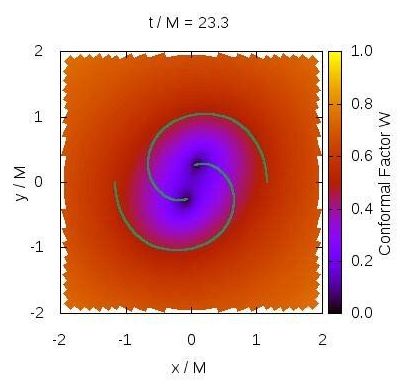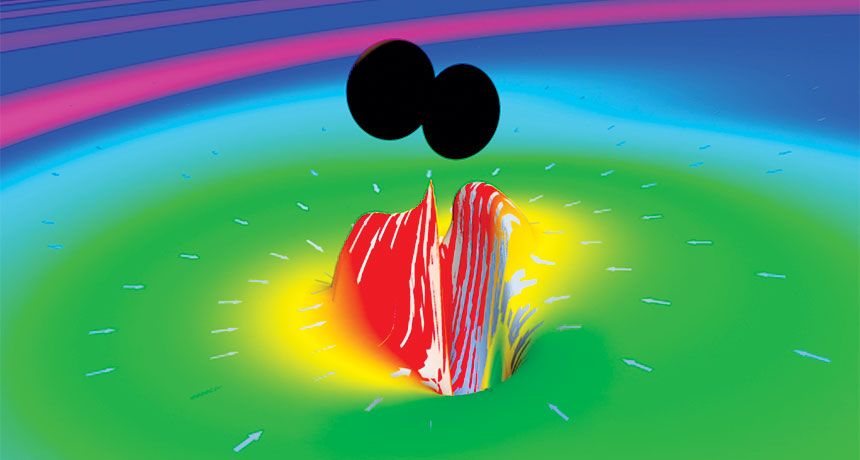Apr 16, 2019
90 New Cases of Measles Reported in U.S. as Outbreak Continues Record Pace
Posted by Genevieve Klien in categories: biotech/medical, health
The number of new measles cases in the United States rose again this month, the Centers for Disease Control and Prevention said on Monday, bringing the total number to 555 in 2019. This year’s outbreak is on course to be the worst since the country eliminated measles as an endemic disease in 2000.
Health authorities reported 90 additional cases as of April 11, with outbreaks in New York, Washington, California, New Jersey and Michigan, up from 78 the week before. Those cases were largely linked to travelers returning from countries seeing outbreaks of their own, including Israel, Ukraine and the Philippines.
The disease then spread through populations in which large numbers of people are unvaccinated, the C.D.C. said.
Continue reading “90 New Cases of Measles Reported in U.S. as Outbreak Continues Record Pace” »

